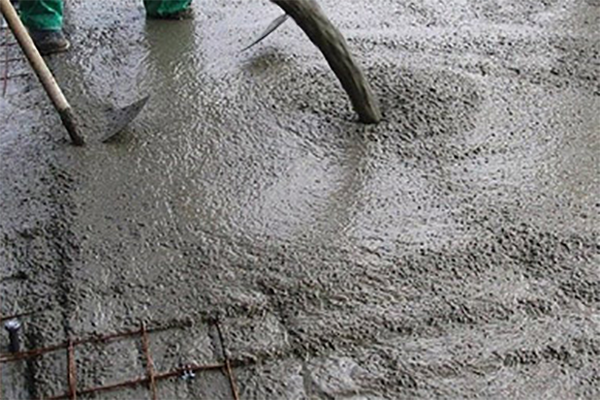Concrete: Not Just Sand, Gravel, and Cement – Unveiling the World of Concrete Additives
Concrete. The ubiquitous building material that forms the foundation of countless structures, from towering skyscrapers to cozy suburban sidewalks. But have you ever stopped to wonder what goes into this seemingly simple material besides the standard sand, gravel, and cement? The answer lies in a fascinating world of concrete additives – special ingredients that can significantly enhance the properties and performance of concrete.
Think of concrete additives as the secret spices in a culinary dish. While the base ingredients (cement, water, and aggregates) form the core, additives act as invisible enhancers, influencing everything from setting times to workability and even strength. In this blog, we’ll delve into the diverse world of concrete additives, exploring their different types and the specific benefits they bring to the table (or, more accurately, the foundation).
Why Use Concrete Additives?
There are several compelling reasons why builders and engineers incorporate concrete additives into their projects:
Tailored Performance: Concrete is a versatile material, but sometimes, specific properties need a boost. Additives allow for customization, enabling builders to achieve desired characteristics like increased strength, faster setting times, or improved workability for intricate pours.
Environmental Considerations: In today’s eco-conscious world, reducing concrete’s environmental impact is crucial. Certain additives can help achieve this by lowering the water content needed for mixing, leading to less overall material usage and a reduced carbon footprint.
Durability Enhancement: Concrete is a tough material, but it’s not invincible. Additives can be used to enhance its resistance to harsh weather conditions, salt damage, or even chemical exposure, extending the lifespan of concrete structures.

The Additive Arsenal: A Look at Different Types
With a variety of concrete additives available, choosing the right one depends on the specific needs of the project. Here’s a breakdown of some of the most common types:
Water Reducers and Plasticizers: These popular additives allow for a lower water content in the concrete mix while maintaining workability. This translates to denser, stronger concrete with reduced shrinkage and cracking.
Set Retarders and Accelerators: These additives influence the setting time of concrete. Retarders delay the setting process, allowing for more time for transportation and placement, especially in hot weather. Accelerators, on the other hand, expedite setting, which can be beneficial in cold weather or for fast-track construction projects.
Air-Entraining Agents: These additives introduce tiny air bubbles into the concrete mix. These air bubbles act as microscopic safety valves, allowing the concrete to expand and contract without cracking during freeze-thaw cycles, particularly important in climates with harsh winters.
Superplasticizers: These are high-performance water reducers that significantly lower the water content while maintaining (or even improving) workability. This results in exceptionally strong, durable concrete with a smooth surface finish.
Specialty Additives: Beyond the common types, a vast array of specialty additives exist to address specific challenges. Examples include corrosion inhibitors for structures exposed to salt, shrinkage-reducing admixtures to minimize cracking, and even color pigments to create decorative concrete finishes.
Choosing the Right Additive: A Recipe for Success
Selecting the appropriate concrete additive requires careful consideration of several factors:
Project Requirements: What specific properties do you need to enhance in the concrete? Is it strength, workability, setting time, or something else entirely?
Environmental Conditions: The climate and potential exposure to harsh elements will play a role in choosing the right additive.
Material Compatibility: Always ensure the chosen additive is compatible with the specific type of cement and other components used in the concrete mix.
The Final Mix: Concrete Additives – A Crucial Ingredient for Success
Concrete additives, though unseen, play a vital role in modern construction. By offering a way to customize concrete’s performance and enhance its properties, these additives empower builders and engineers to create structures that are stronger, more durable, and better suited to their intended purpose. So, the next time you see a towering skyscraper or a sturdy bridge, remember the invisible heroes within – the concrete additives that helped make it all possible.
Post time: 6 月-12-2024




